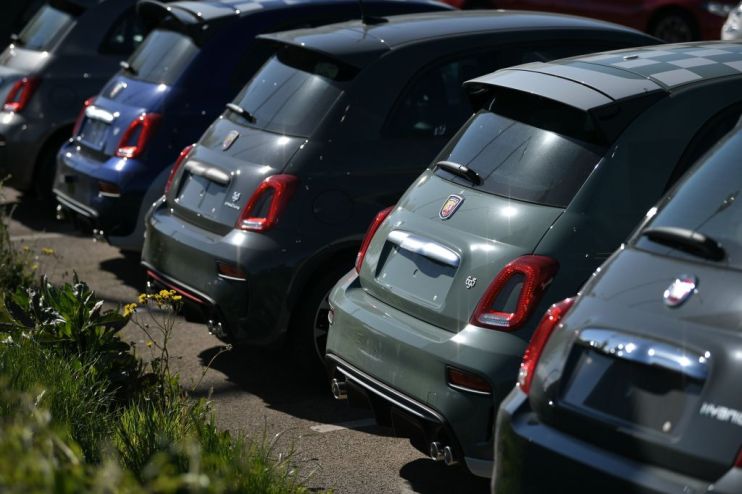Coronavirus: UK car sales suffer worst May performance since 1952

UK new car sales crashed 89 per cent last month as car dealerships remained shuttered, marking the industry’s worst May performance since 1952.
Only 20,247 new cars were sold over the month — a decline of 163,477 compared to the same month last year, according to new figures from the Society of Motor Manufacturers and Traders (SMMT).
The figures were a slight improvement on the 97 per cent decline posted in April thanks to a slight pick-up in click and collect services. However, it was still the worst rate of May sales in almost 70 years.
The overall market is now down 51.4 per cent in the first five months of the year at just over half a million sales, compared to more than 1m at this point in 2019.
This week car dealerships in England were given the green light to reopen after two months of lost trading during the coronavirus lockdown. However, showrooms in Scotland, Wales and Northern Ireland remain closed until next week.
“After a second month of shutdown and the inevitable yet devastating impact on the market, this week’s re-opening of dealerships is a pivotal moment for the entire industry and the thousands of people whose jobs depend on it,” said SMMT chief executive Mike Hawes.
“Customers keen to trade up into the latest, cutting-edge new cars are now able to return to showrooms and early reports suggest there is good business given the circumstances, although it is far too early to tell how demand will pan out over the coming weeks and months.”
Private buyers accounted for almost two-thirds — 12,900 — of all UK car sales in May, while 6,638 cars went to fleets.
The figures showed severe declines across all car and fuel types except battery electric vehicles, which ticked up by a marginal 429 units as pre-orders were delivered to customers.
“There are encouraging signs for the industry that latent demand has been building during the lockdown period and boosted by people who usually commute by public transport, now considering the purchase of a car,” said James Fairclough, chief executive of AA Cars.
“At the same time, the financial uncertainty caused by the lockdown means there is no guarantee that new car sales will recover straight away. Many people have either eaten into their savings due to reduced levels of income or still face significant uncertainty about their future job security, potentially putting the brakes on any decision to make a high-value purchase, or a long-term financial commitment.”